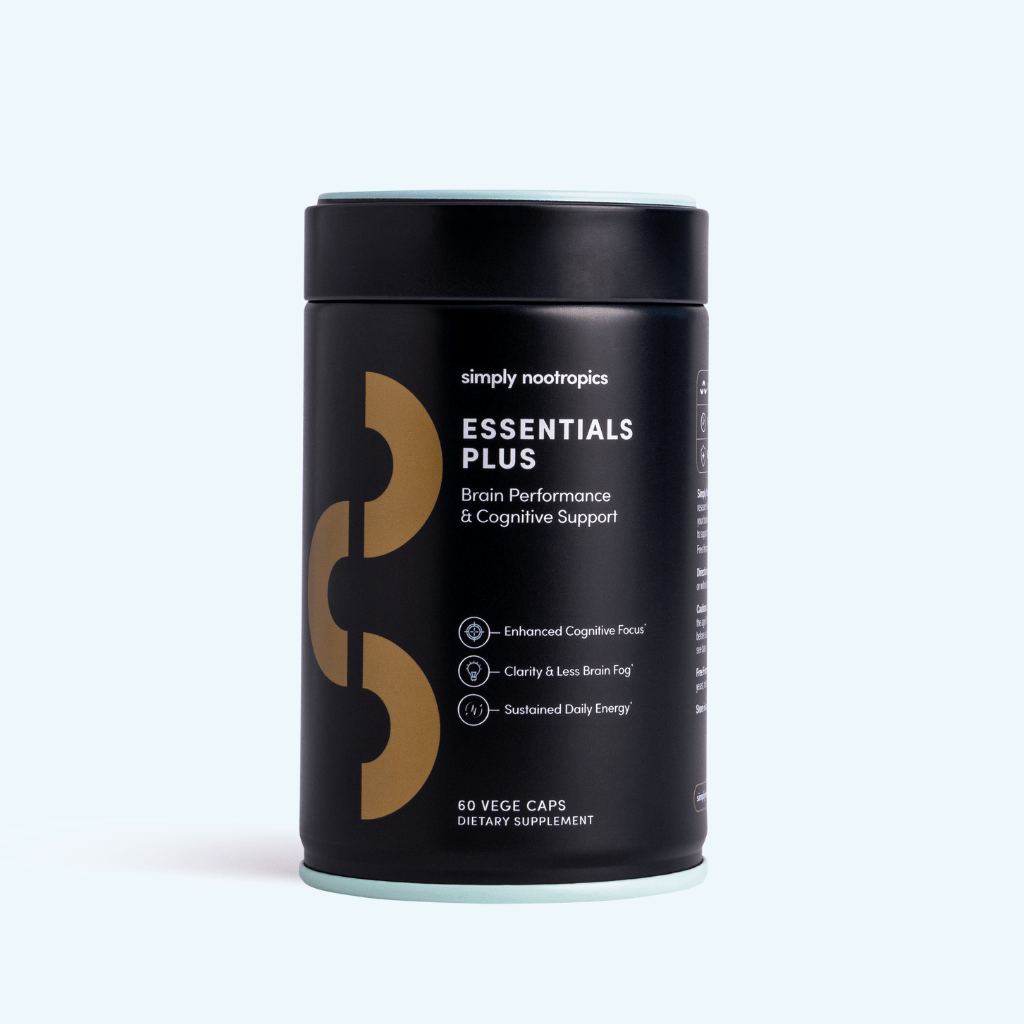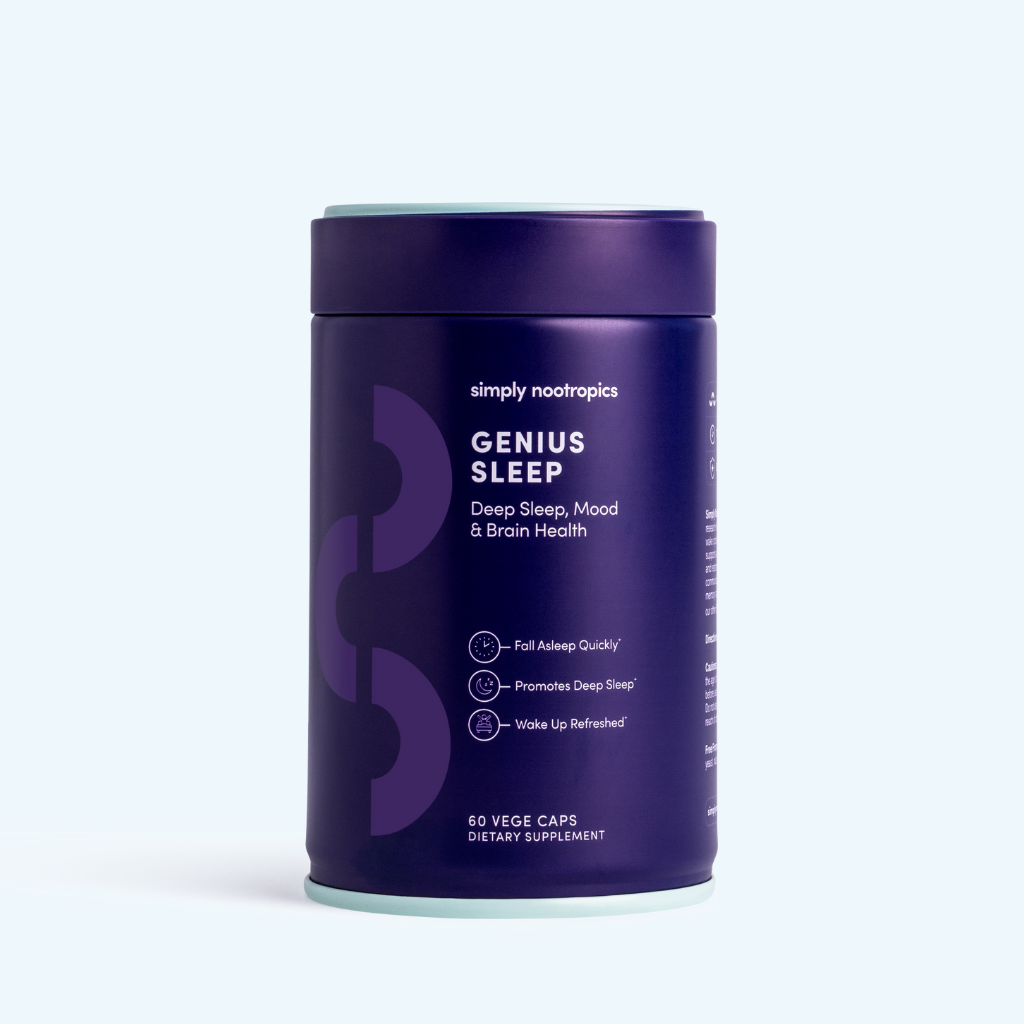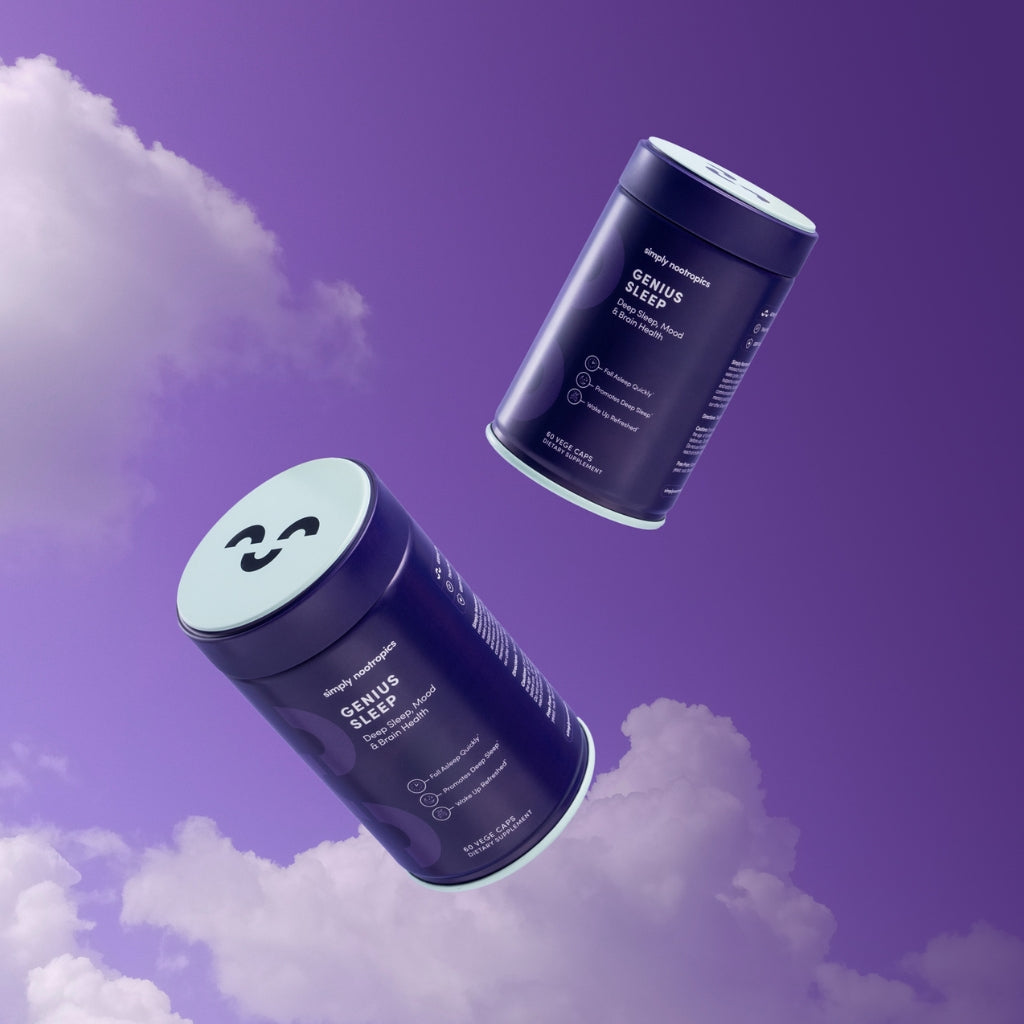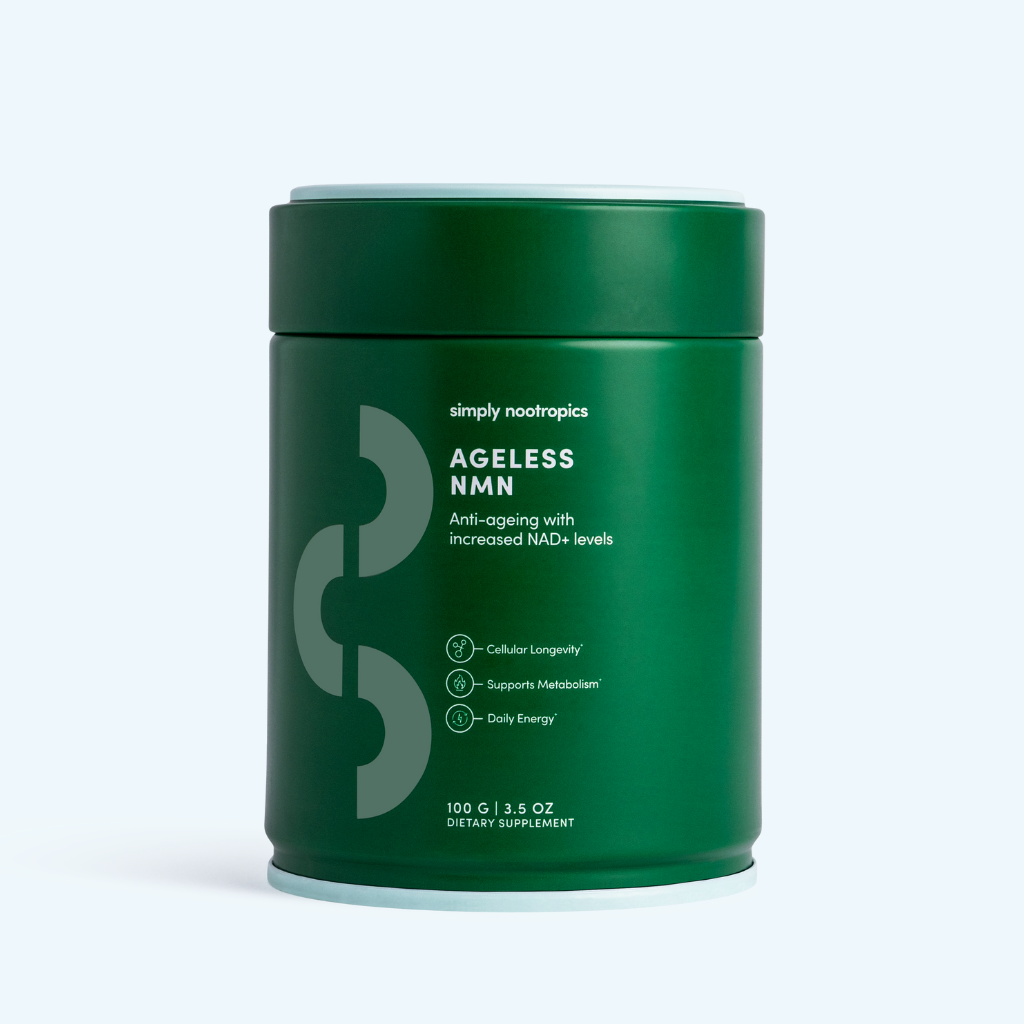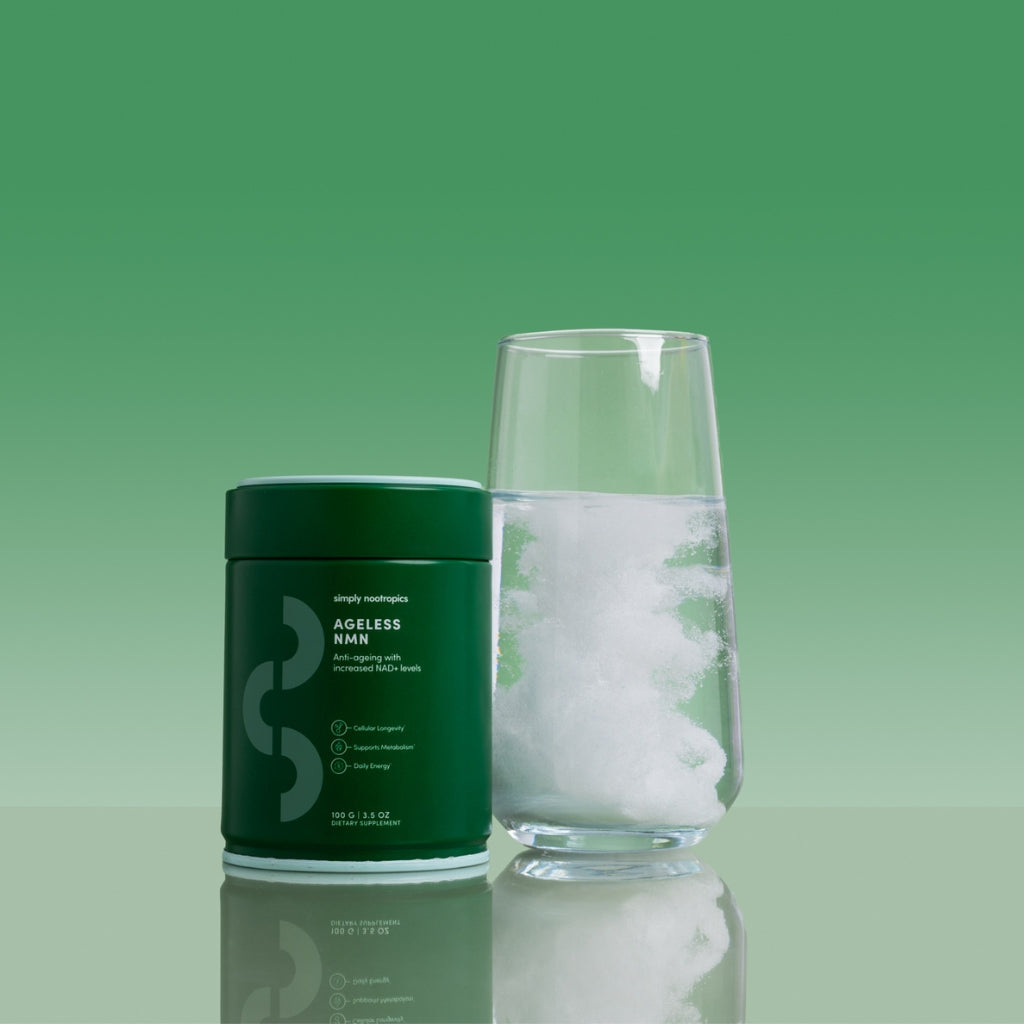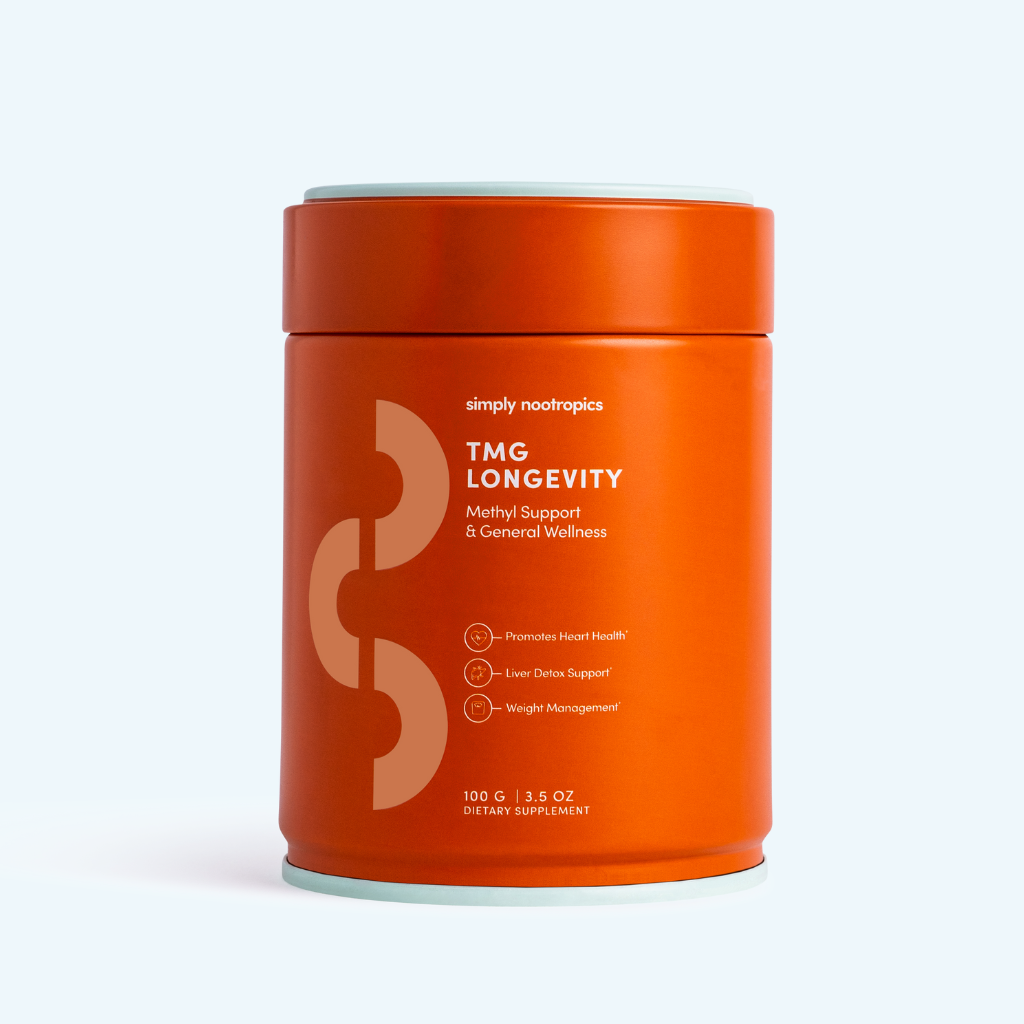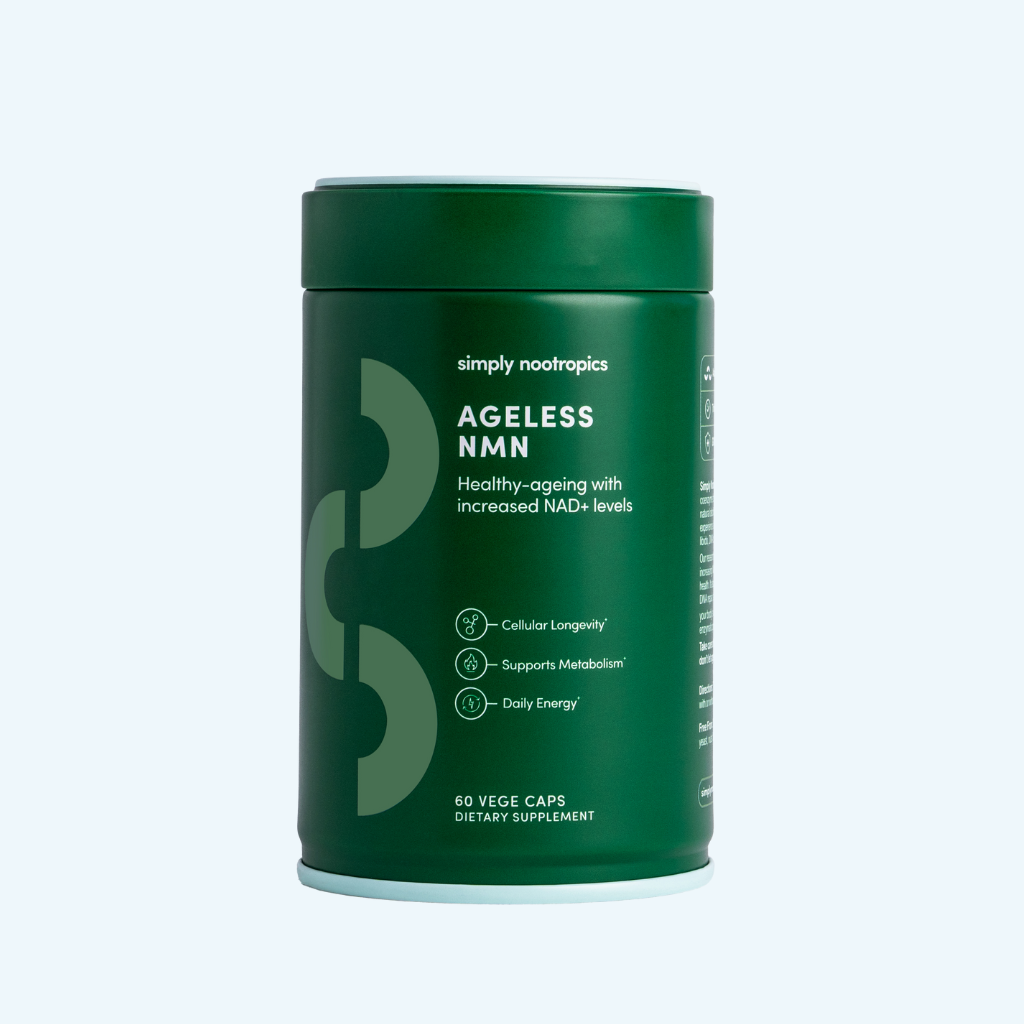When you fall asleep, your muscles relax, your breathing slows, and your brain begins one of the most extraordinary maintenance routines in biology: it cleans itself.
For years, scientists assumed the brain lacked a waste-removal system. After all, it’s sealed off by the blood-brain barrier, a fortress of tightly packed cells that keeps harmful substances out, but also, it seemed, prevented normal “drainage.” So how did the brain take out its trash?
The answer arrived in 2012, when researchers at the University of Rochester discovered the glymphatic system, a hidden network that flushes metabolic waste from the brain during sleep. The finding reshaped how we think about rest, cognition, and ageing. Restorative sleep isn’t downtime, it’s repair time. And the cleaner your brain, the better it functions across a lifetime.
Meet the Glymphatic System
The glymphatic system takes its name from glia (the brain’s support cells) and the lymphatic system (the body’s detox network). It acts as the brain’s plumbing, circulating cerebrospinal fluid (CSF) through perivascular channels, tiny pathways that weave around blood vessels and between neurons.
During wakefulness, CSF trickles through these spaces, carrying nutrients and removing a little waste. But when you fall into deep sleep, the flow accelerates dramatically. The brain’s cells shrink slightly, expanding the spaces between them by nearly 60%, allowing CSF to surge through and wash away the metabolic by-products of a hard day’s thinking.
Among the debris it removes are proteins such as beta-amyloid and tau, which, when left to accumulate, can interfere with neural communication and overall brain health.
In essence: when you’re awake, your brain works; when you sleep, it cleans up the mess.
How Sleep Drives the System
The glymphatic system is tightly linked to your sleep architecture, particularly the slow-wave (deep) stages that occur in the first half of the night. During these stages, brain waves slow, blood pressure drops, and your body enters a state of metabolic rest.
This quiet period allows the glial cells that line the brain’s blood vessels, called astrocytes, to open channels known as aquaporin-4. These act like microscopic gates, controlling the movement of CSF into and out of the brain tissue.
In animal studies, when aquaporin-4 is blocked or dysfunctional, waste clearance drops dramatically. Interestingly, this channel’s activity seems to decline naturally with age, which may partly explain why older adults often experience lighter sleep and slower cognitive recovery.
The timing also matters. Because the glymphatic system works best during the deepest sleep cycles, even modest sleep deprivation or frequent night-time interruptions can reduce clearance efficiency.
A single night of poor sleep is enough to leave higher levels of beta-amyloid in the brain, a reminder that “catching up” later doesn’t fully compensate for lost repair time.
Why the Glymphatic System Matters for Longevity
Most people think of longevity as extending lifespan, but what we really want is healthspan, the years we live with mental clarity, resilience, and purpose. The glymphatic system sits at the intersection of restorative sleep, brain health, and cellular repair, making it a crucial player in that equation.
A well-functioning glymphatic network helps:
-
Preserve cognitive sharpness by preventing the accumulation of neurotoxic waste.
-
Support emotional balance, since sleep quality affects neurotransmitter regulation.
-
Enhance memory consolidation, turning short-term experiences into long-term learning.
-
Reduce oxidative stress and inflammation that accelerate cellular ageing.
In longevity research, this system also connects to mitochondrial efficiency and NAD⁺ metabolism, the processes that give cells energy and repair capacity. When NAD⁺ levels are sufficient, cells handle stress better, maintain healthy gene expression, and fuel the metabolic energy needed for deep, restorative sleep.
Signals From Research: How Lifestyle Shapes the Flow
While the discovery of the glymphatic system is recent, scientists are already uncovering how daily habits can support or impair it.
1. Consistent, quality sleep
Your brain clears waste most effectively during seven to nine uninterrupted hours of rest. Maintaining regular sleep and wake times strengthens circadian rhythms, synchronising hormone release and fluid circulation. Even small deviations, like going to bed several hours later on weekends, can disrupt that rhythm and reduce clearance efficiency.
2. Sleep position
Some studies suggest that side-sleeping may promote better CSF flow than lying on your back or stomach. It’s a subtle effect, but one worth noting: your sleeping posture could influence how efficiently your brain drains overnight.
3. Physical activity
Exercise increases cardiovascular health and the pulsatile motion of arteries that drives CSF through the brain. Even moderate movement, like brisk walking, cycling, or yoga, supports this vascular rhythm, indirectly powering the glymphatic pump.
4. Hydration and blood flow
CSF production depends on water balance. Mild dehydration thickens blood and limits circulation to the brain’s small vessels. Adequate hydration during the day (and avoiding excess alcohol at night) helps maintain a steady supply of clean fluid for nightly detox.
5. Stress and recovery
Chronic stress floods the brain with cortisol, which disrupts both sleep and glial function. Relaxation techniques, like breathwork, meditation, or even low-intensity evening stretches, can lower cortisol levels and prepare the nervous system for deeper rest.
6. Daylight exposure
Morning sunlight helps anchor your circadian clock, promoting melatonin release at night. Stronger melatonin rhythms correlate with longer periods of deep sleep and better glymphatic performance.
Each of these levers ties back to a single truth: the brain’s cleaning crew works best when you give it regular hours, good circulation, and downtime.
The Cellular Connection: NAD⁺ and Nightly Repair
Every process in the glymphatic system relies on energy: moving fluid, opening channels, recycling metabolites. That energy comes from mitochondria, the tiny power plants inside your cells, and from the coenzyme NAD⁺, which fuels their reactions.
As we age, NAD⁺ levels naturally decline, reducing the body’s ability to sustain deep cellular repair during sleep. Supporting NAD⁺ metabolism with a NAD+ booster can therefore have downstream effects on brain recovery, glymphatic clearance, and resilience.
But NMN (nicotinamide mononucleotide) and TMG (trimethylglycine) can help. NMN is a direct precursor to NAD⁺, helping replenish energy at the cellular level, while TMG supports methylation, the process that ensures NMN is used efficiently and maintains balance in the nervous system.
When NAD⁺ availability rises, mitochondrial activity improves, and the brain’s energy budget during sleep expands, powering everything from memory consolidation to waste removal.
Ageless NMN + TMG
Your brain’s nightly clean-up crew runs on energy, the kind that begins at the cellular level. Ageless NMN is formulated to restore NAD⁺, the molecule that fuels mitochondrial repair, DNA maintenance, and energy production during sleep. Paired with TMG, it supports methylation and overall nervous system balance, ensuring your body uses NMN efficiently. Plus, TMG Powder comes as a free gift with every Ageless NMN Powder purchase, because optimal NAD⁺ support requires both working in harmony.



